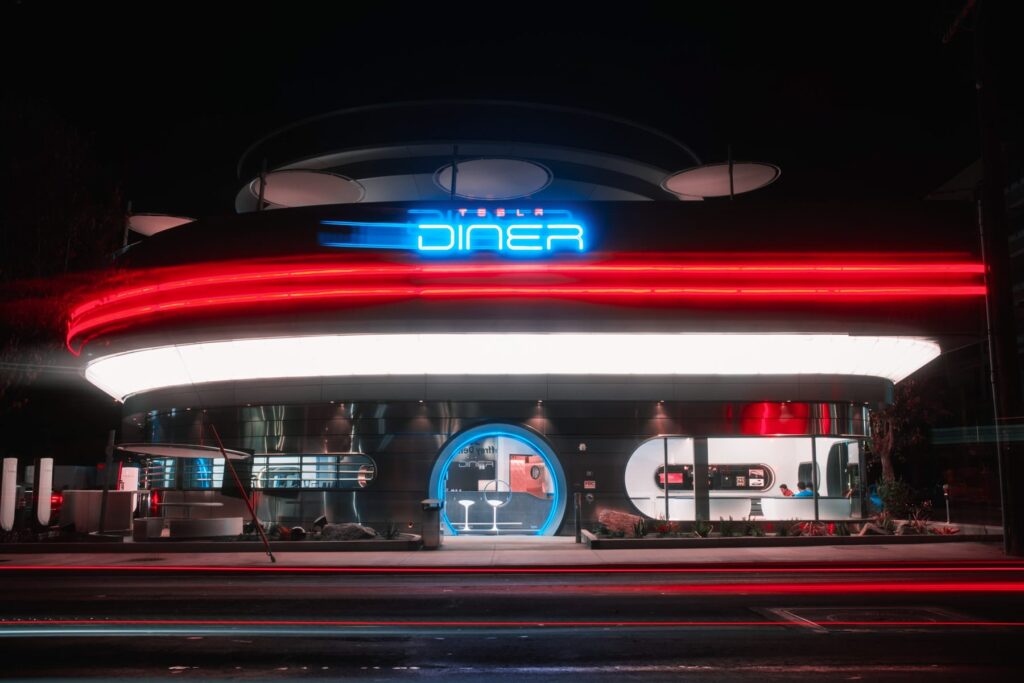
Introduction
As technology continues to merge with everyday experiences, the concept of the ‘Tesla Diner’ has emerged as a significant player in the future of dining. With electric cars revolutionizing transportation, Tesla Diner aims to transform how individuals eat, combining sustainability with cutting-edge technology. This concept not only highlights the importance of innovation in the dining sector but also responds to the rising demand for eco-friendly initiatives in the food industry.
What is Tesla Diner?
Tesla Diner is an innovative dining facility that showcases electric vehicle (EV) culture while serving exclusive culinary offerings. As part of Tesla’s efforts to promote a sustainable lifestyle, the diner integrates solar energy for its operations while providing a unique venue for Tesla owners and enthusiasts. The diner features a sleek design reminiscent of the Tesla brand, complete with modern aesthetics and high-tech amenities, aiming to create an immersive experience for diners.
Recent Developments
The first Tesla Diner was announced in early 2023, set to open in California, a hotbed for EV adoption. This diner will not only offer refreshing meals but also charge Teslas while customers dine, effectively enabling owners to refuel their vehicles and satisfy their appetites simultaneously. This integration of dining with EV charging reflects today’s consumer demands for convenience and sustainability.
Moreover, Tesla Diners will offer a fully digitized menu accessible via mobile apps. Diners can place orders and even customize their meals through an interactive platform, making it a frontrunner in modern dining experience. This technological leap aims to minimize wait times and enhance customer engagement.
Impact and Future of Tesla Diner
The introduction of Tesla Diner underscores a significant shift in consumer dining habits towards environmentally-conscious establishments. As more consumers opt for sustainable lifestyle choices, businesses are encouraged to adopt similar eco-friendly practices. The popularity of Tesla Diner could pave the way for similar ventures, thereby creating a broader trend in green dining.
Furthermore, the Tesla Diner model could potentially attract non-Tesla owners curious about the experience, expanding its audience and promoting EV culture. As cities and communities continue to advocate for sustainable practices, the idea of merging electric vehicle lifestyle with dining is likely to resonate with the progressive consumer base of today.
Conclusion
Tesla Diner represents not just an innovative dining option, but a cultural shift towards sustainability and technology in everyday life. As the pilot diner opens its doors, its success may inspire a new wave of eco-conscious restaurants that prioritize functionality, technology, and responsibility toward the environment. In a world increasingly aware of its carbon footprint, Tesla Diner provides a glimpse into how the future of dining may unfold.



